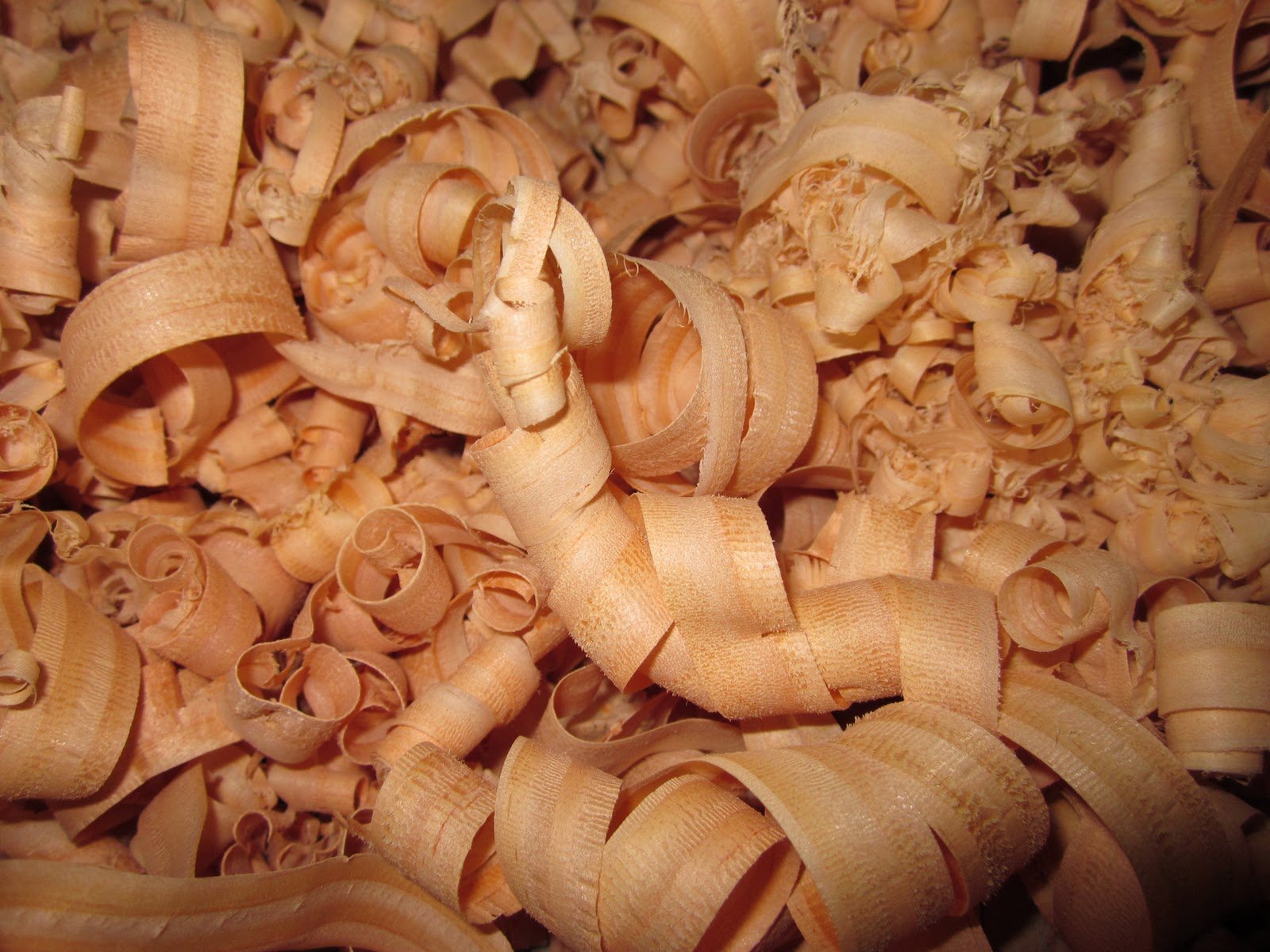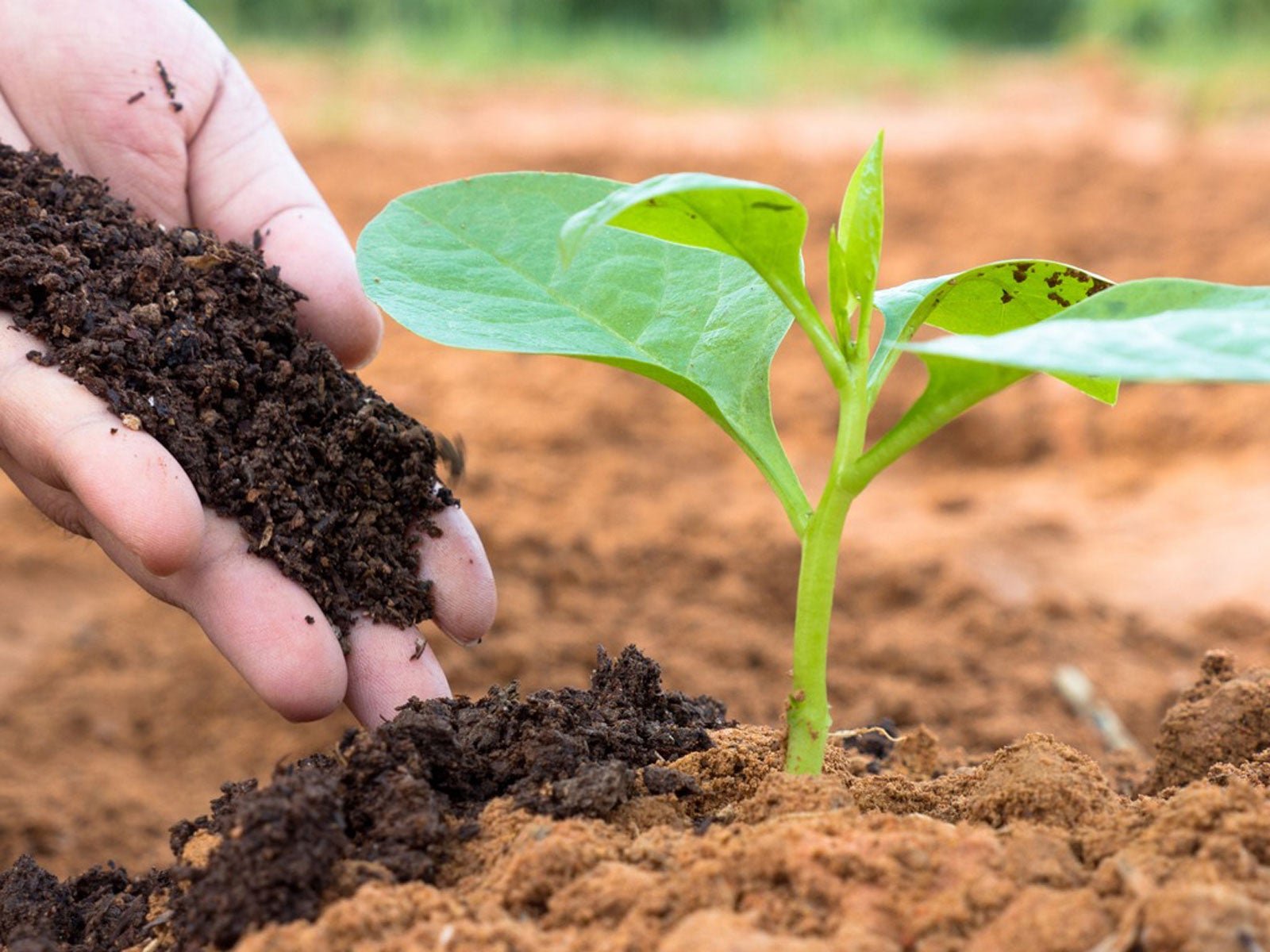Upcycling, Biodegradability, Compostability: mBlack™’s compass for sustainability
In today's world, the terms "upcycling" and "composting" have become increasingly significant in our collective effort to combat environmental issues, reduce waste, and minimize our carbon footprint. As we embrace a more sustainable future, companies like mPackting are searching for innovative solutions that address these concerns head-on. In this article, we'll explore the concepts of upcycling and composting and how mPackting's revolutionary material, mBlack™, embodies the best of both worlds.
Upcycling: Giving Waste a Second Life
Upcycling is a creative and sustainable approach to waste management. It involves taking discarded or unwanted materials and transforming them into something of higher quality or value. Unlike traditional recycling, which breaks materials down to their basic components, upcycling preserves the integrity of the original item, breathing new life into it. This process not only reduces the amount of waste in landfills but also conserves energy and resources.
In the case of mPackting's mBlack, the upcycling journey begins with wood scraps from Minelli's processes. These are repurposed and refined to create a unique and eco-friendly material that serves various purposes, from packaging to other innovative applications. By upcycling wood waste, mPackting minimizes the environmental impact of this discarded material, helping to close the loop on waste production.
Biodegradaton: Returning to Nature
Biodegradation is a natural process in which materials break down into simpler compounds under the influence of microorganisms. In the context of mPackting's mBlack, it means that once its useful life as packaging or another product is over, it can naturally biodegrade without causing harm to the environment, soil, water, or any life forms in its vicinity.
What sets mPackting's mBlack apart is its commitment to being a food-safe biodegradable material. This means that when disposed of, mBlack will naturally break down into non-toxic compounds, enriching the soil and promoting a healthy ecosystem without leaving behind any harmful residues.
Industrial Compostability: A Rigorous Assessment
At mPackting's, our commitment to sustainability is backed by rigorous certification processes. In fatct, before a material can be considered truly compostable, it must undergo a comprehensive assessment to ensure it meets industry standards. In the case of mBlack, it is currently facing a meticulous certification process to assess its compostability in industrial settings. This means that mBlack will be tested and proven to break down efficiently in large-scale composting facilities, producing a nutrient-rich soil like material called “compost”.
mBlack™: Aiming for true Sustainability
mBlack by mPackting is a testament to what can be achieved when upcycling and composting principles are integrated into materials development. It is designed with a comprehensive focus on sustainability, and its unique attributes make it stand out in the market:
Upcycled Wood Scraps: mBlack is made from wood scraps that would otherwise go to waste. By upcycling these materials, mPackting is contributing to a circular economy and reducing the burden on natural resources.
Carbon Sinking: This innovative material is designed to sequester carbon, helping to combat climate change by trapping carbon dioxide within its structure. This feature is crucial in a world striving for carbon neutrality.
LCA-Driven: mPackting's approach to Life Cycle Assessment (LCA) ensures that the environmental impact of mBlack is minimized at every stage of its lifecycle. This commitment to reducing emissions and resource consumption is vital for sustainable manufacturing.
Food Safe Compostability: mBlack is biodegradable can is undergoing a process to confirm that it can be safely composted, returning nutrients to the soil and contributing to healthier ecosystems. Its ability to biodegrade without harm to the environment is a significant step forward in reducing pollution and waste.
To explore the potential applications of mBlack and for a more in-depth understanding of its features, please contact us here



